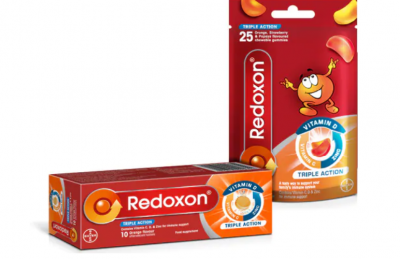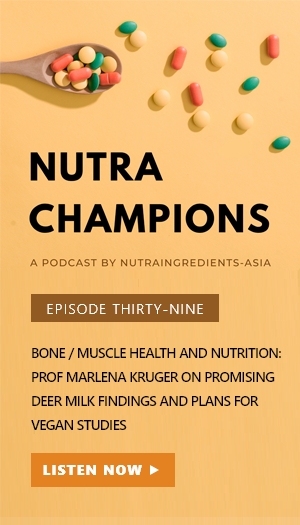Net gains: ASEAN industry body to study how supplement use can cut health care costs

The association hopes to kickstart the study by the middle of this year and yield initial results by the end of the year, with Frost & Sullivan commissioned to conduct the study.
Speaking to NutraIngredients-Asia, Daniel Quek, executive director of AAHSA, said the rationale was to demonstrate to the policymakers that they could include health supplements as part of the wider sustainable healthcare system.
The is especially since there is already plenty evidence showing the health benefits of supplements such as omega-3, magnesium, soluble fibre, vitamin D, K, and calcium.
“Once we have the results, we can get to tell a story to the ASEAN governments and policymakers – that they could include health supplements as part of the bigger sustainable healthcare framework.
“It gives the government a basis to support health supplementation and also helps to grow the industry as well.
“We hope that the local healthcare regimes across ASEAN could take the findings into account and consider plans such as subsiding health supplements for the population. This could also ease healthcare burden,” he said.
The plan is inspired by the “Supplements to Savings: Health Care Cost Savings from the Targeted Use of Dietary Supplements 2022 – 2030”.
This was a study funded by the US Council for Responsible Nutrition (CRN) Foundation and conducted by Frost & Sullivan.
Published in 2022, the report said that dietary supplement regimens could reduce medical costs associated with specific medical conditions. However, only US$59 billion of savings were captured, leaving potentially an additional US$502 billion in savings unrealised.
The supplements studied were calcium, vitamin D, vitamin B, soluble fibre, omega-3, vitamin K2, magnesium, probiotics, lutein and zeaxanthin, and choline.
Their costs savings potential was studied in the context of individuals with coronary artery disease (CAD), osteoporosis, age-related macular degeneration (AMD), cognitive decline, irritable bowel syndrome, and childhood cognitive development disorders.
Findings showed that for osteoporosis in population over 50 years old, supplementation of calcium at 1,000mg and vitamin D at 15mg could achieve a potential unrealised costs savings of US$155bn.
Probiotics for adults with irritable bowel syndrome could deliver unrealised cost savings of US$95 billion.
Soluble fibre supplementation, on the other hand, could lead to an average cost savings of US$1.47bn a year.
Quek said the plan was ideally to replicate the CRN study among the ASEAN countries.
“We are aiming to replicate the US CRN study. We have been planning to do it since the study findings first came out in 2022.
“We saw the value of doing it because the US CRN has put it in a way that policymakers can easily understand,” he said, adding that the association has been looking for funding to support the study.
He also presented the findings of the CRN study at the “Unlock Healthy Longevity Supplements Conference” organised by NUS Yong Loo Lin School of Medicine on February 29 to March 1.



















